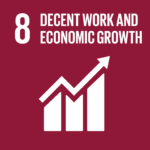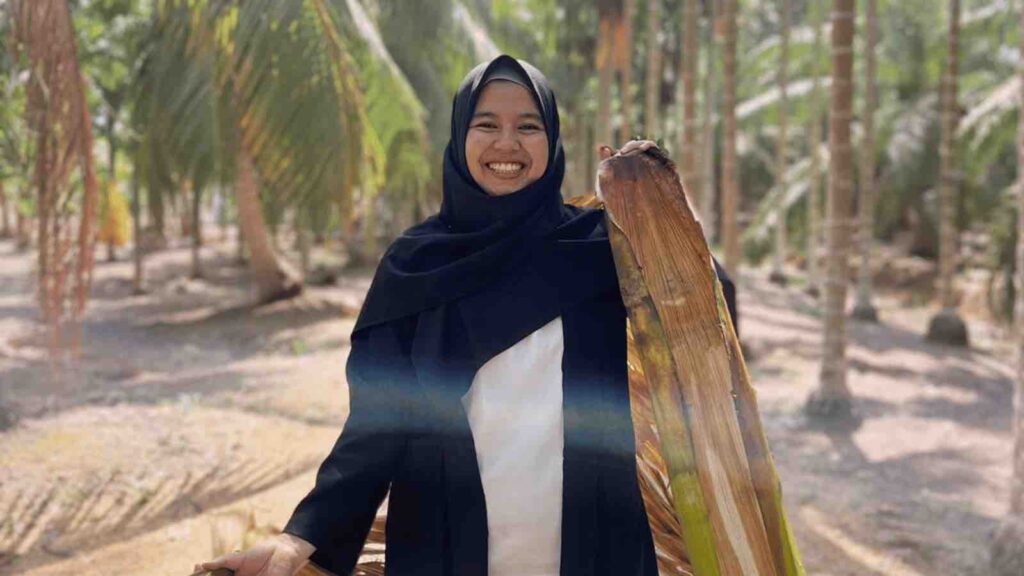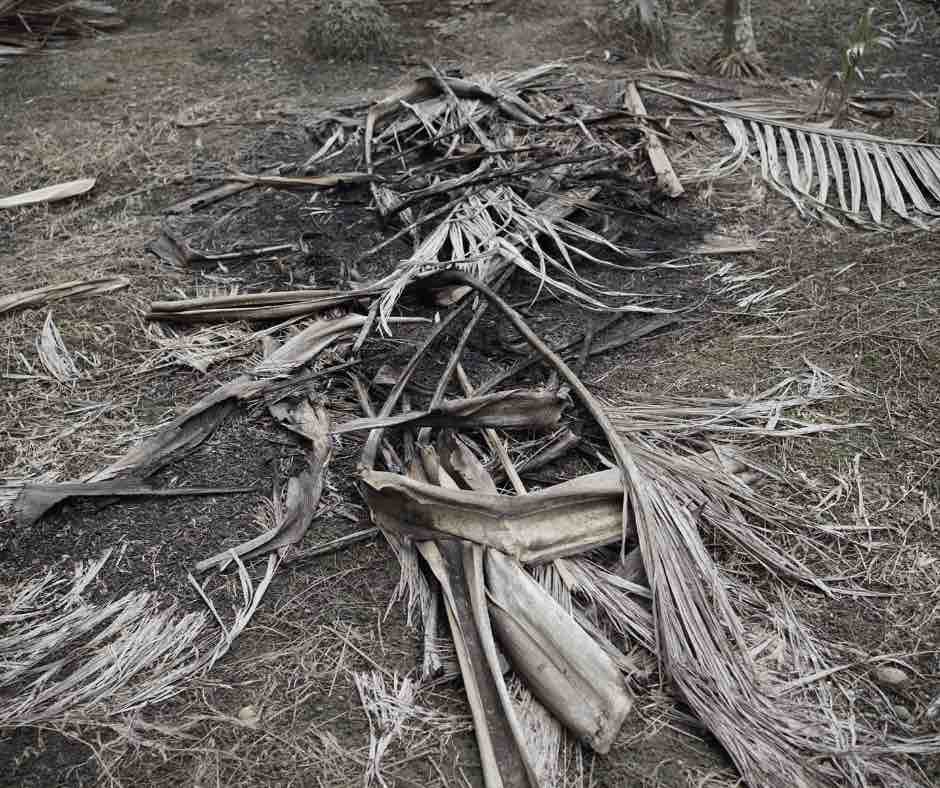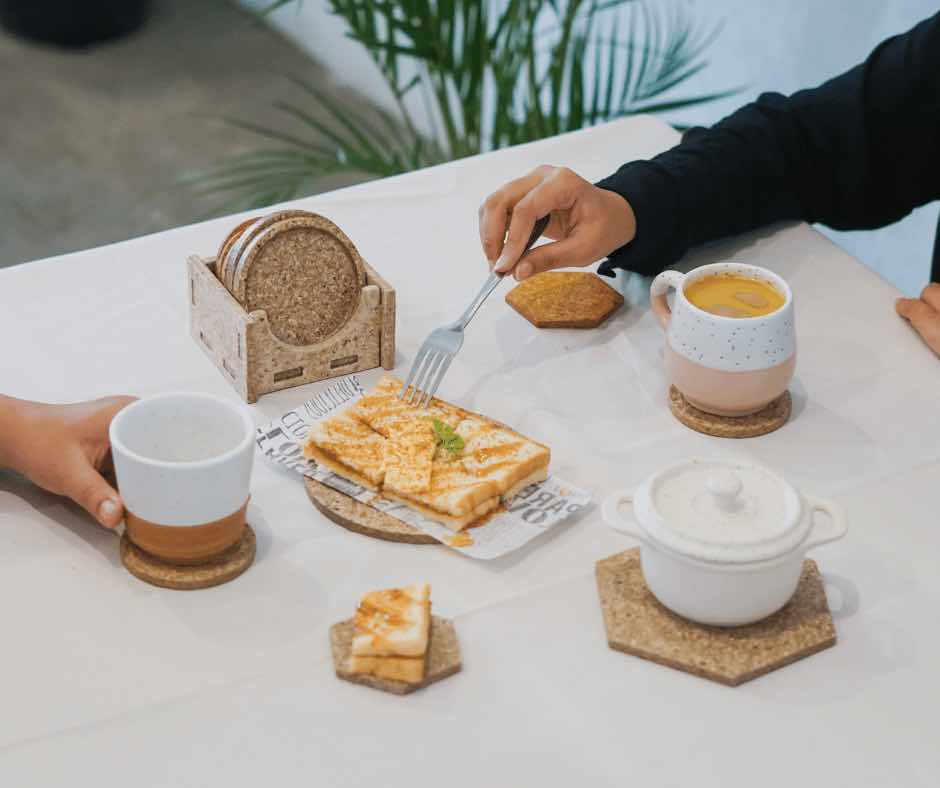RELEVANT SUSTAINABLE GOALS



Seeking Eco-Friendly Solutions to Combat Byproduct Burning in Agriculture
Bringing Innovation for Sustainable Living
We source the Areca Palm Leaf Sheath from Teluk Kulbi Village, Jambi. There are 10 groups of farmers there, but we have only collaborated with one group, consisting of 20 members, all of whom are men. Typically, women only assist during the harvesting process. We see potential in empowering these women to recycle peat palm leaves into products.
Ika Juliana, Founder and CEO of Greenie Indonesia
Sustainability Recognized Globally, Impact Felt Locally
We established a factory in Sumatra to be closer to the raw materials, as Greenie relies on waste from Jambi, with an annual total of around 43,000 tons. Our focus is on empowering farmers and handling more peat palm waste, emphasizing both people and the planet. However, challenges arise when farmers, due to low palm fruit demand, prematurely sell the waste, leading to concerns about early waste collection from the trees.
Ika Juliana, Founder and CEO of Greenie Indonesia





